When it comes to choosing the right technology for your project, the choice between a Single Board Computer (SBC) and a microcontroller can be a tough one. Both offer unique advantages and can be tailored to suit specific needs, but it ultimately comes down to the requirements of your project and what you are looking to achieve. In this blog, we will delve into the benefits of using SBCs versus microcontrollers and provide a comprehensive comparison to help you make an informed decision.
SBCs are essentially complete computer systems on a single circuit board, equipped with processing power, memory, I/O interfaces, and more. They are essentially miniature computers that can run full-fledged operating systems like Linux or Windows. On the other hand, microcontrollers are smaller, more simplified devices that are designed to execute specific tasks or applications. They are often used in embedded systems and IoT devices due to their low power consumption and cost-effectiveness.
One of the key benefits of using an SBC over a microcontroller is the processing power and versatility it offers. SBCs are capable of running complex applications and tasks that require more computational power. This makes them ideal for projects that involve multimedia processing, networking, or running multiple applications simultaneously. Microcontrollers, on the other hand, are better suited for simple tasks that do not require a lot of processing power.
Another advantage of using an SBC is the availability of a plethora of I/O interfaces and connectivity options. Most SBCs come equipped with a wide range of ports such as USB, HDMI, Ethernet, and GPIO pins, allowing for easy integration with various peripherals and devices. This makes them a great choice for projects that require connectivity to external sensors, displays, or communication modules. Microcontrollers, while they may have some I/O capabilities, are limited in terms of connectivity options compared to SBCs.
SBCs also boast a higher degree of flexibility and scalability compared to microcontrollers. With the ability to run full operating systems, developers have more control over the software and can easily customize and expand the functionality of their projects. This makes SBCs a great choice for projects that require frequent updates or changes to the software. Microcontrollers, on the other hand, are more rigid in terms of programming and are often limited by the hardware capabilities.
Featured content:Advantages and Disadvantages of Infrared Touch ScreenPower Banks: Unleashing Portable Power on the GoUnderstanding the Difference Between Electrolytic Capacitors and Normal CapacitorsFunction and Types of Indoor Load Breaker SwitchWhat are power resistors, and how do they function in electrical circuits?What are off-road electric winches, and how do they assist in vehicle recovery and off-road adventures?What are the Features and Capabilities of Rockchip SOM?In terms of cost, microcontrollers are generally more affordable than SBCs, making them a preferred choice for projects with strict budget constraints. However, the cost difference between the two is narrowing as SBCs become more affordable and accessible. Additionally, the increased functionality and flexibility offered by SBCs may offset the initial cost difference in the long run, especially for more complex projects.
When it comes to power consumption, microcontrollers have the edge over SBCs. Due to their simplistic design and lower processing power, microcontrollers consume less power, making them ideal for projects that require long battery life or operate in remote locations with limited power sources. SBCs, on the other hand, tend to consume more power due to their higher processing capabilities and additional features.
In conclusion, both SBCs and microcontrollers have their own set of advantages and limitations, and the choice between the two ultimately depends on the specific requirements of your project. If you need higher processing power, versatility, and connectivity options, an SBC may be the way to go. On the other hand, if you are working on a simple project with limited requirements and budget constraints, a microcontroller may suffice.
Ultimately, the key is to carefully evaluate your project needs and consider factors such as processing power, connectivity, flexibility, cost, and power consumption before making a decision. By weighing the benefits of using an SBC versus a microcontroller, you can make an informed choice that aligns with your project goals and requirements. Whether you choose an SBC or a microcontroller, both offer unique advantages that can help you bring your project to life.
For more information, please visit sbc vs microcontroller, rockchip som for cash registers supplier, Allwinner SOM Allwinner.
Featured content:Enhancing Your Space with LED Neon Flex: Creative Design IdeasCar Starter Battery: The Key to a Smooth Engine StartHow Does the Precision and Efficiency of a Lithium Battery Laser Welding Machine Improve Manufacturing Processes?Choosing the Right Solar Emergency Charging Lamp: Factors to ConsiderIs TFT display better than LED?Applications of Multi-angle Pole BasesWhat are the uses of power transformer?

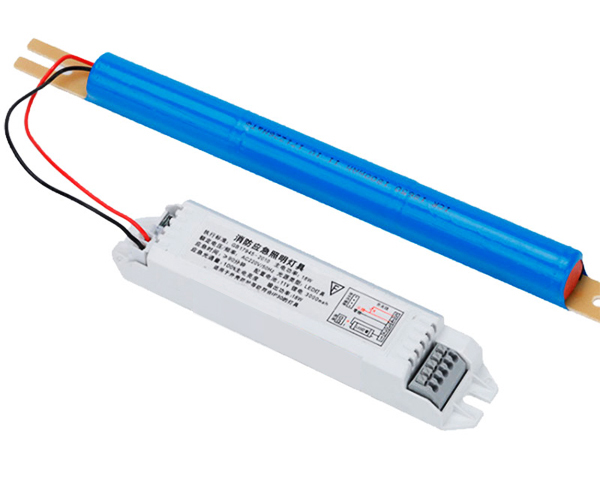

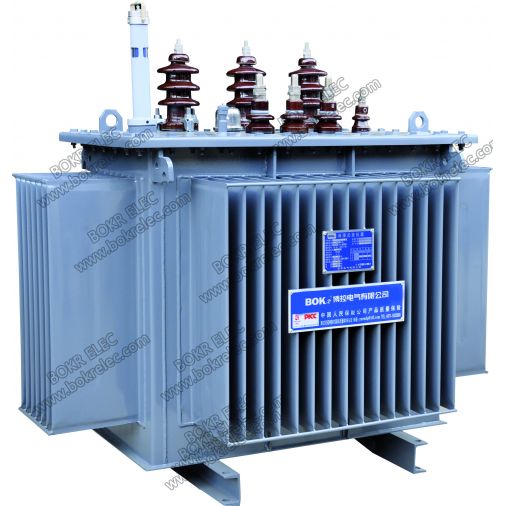
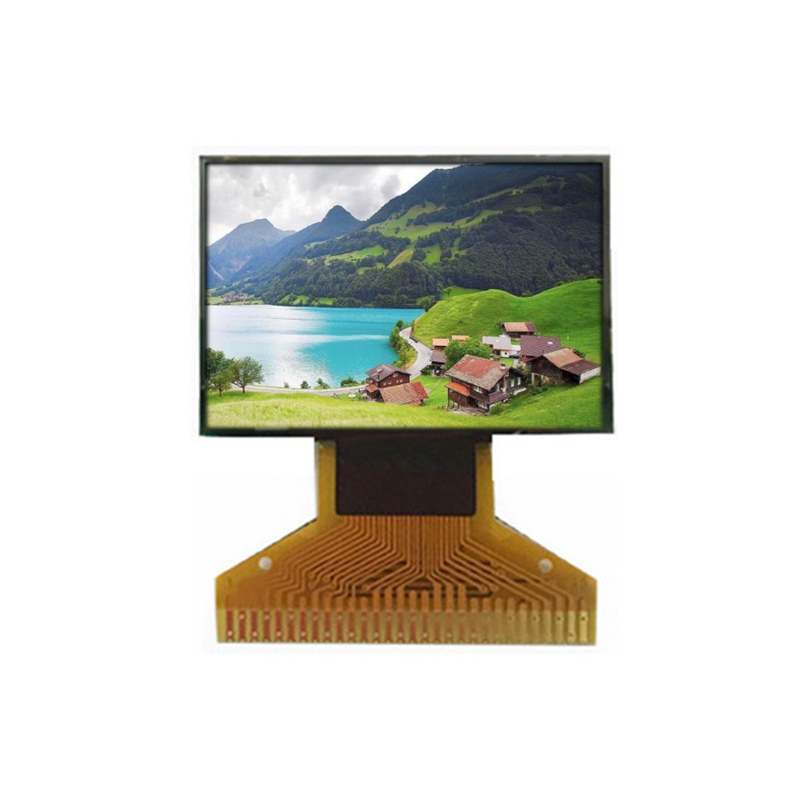
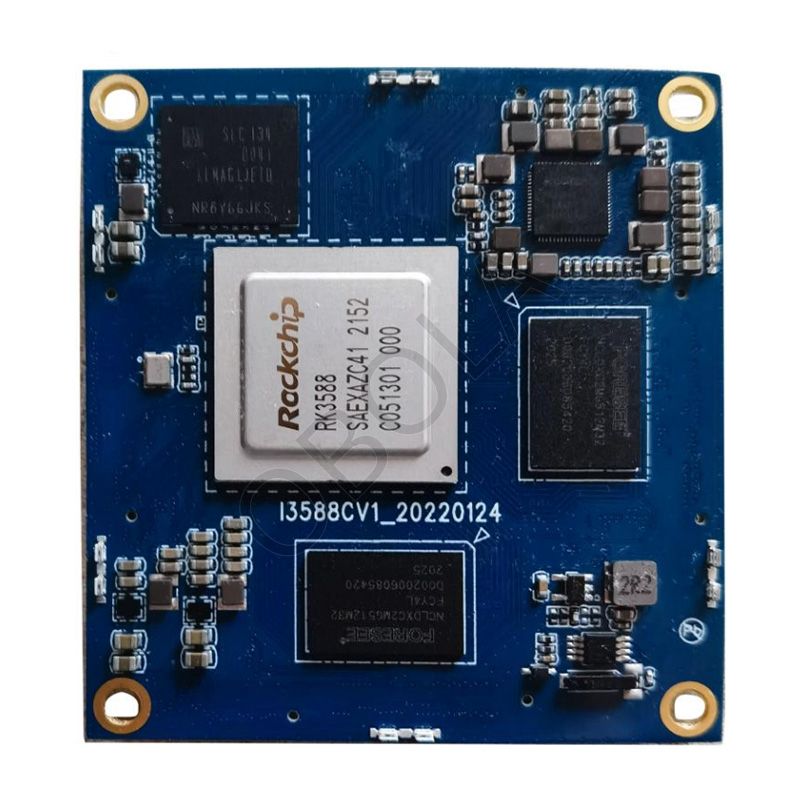

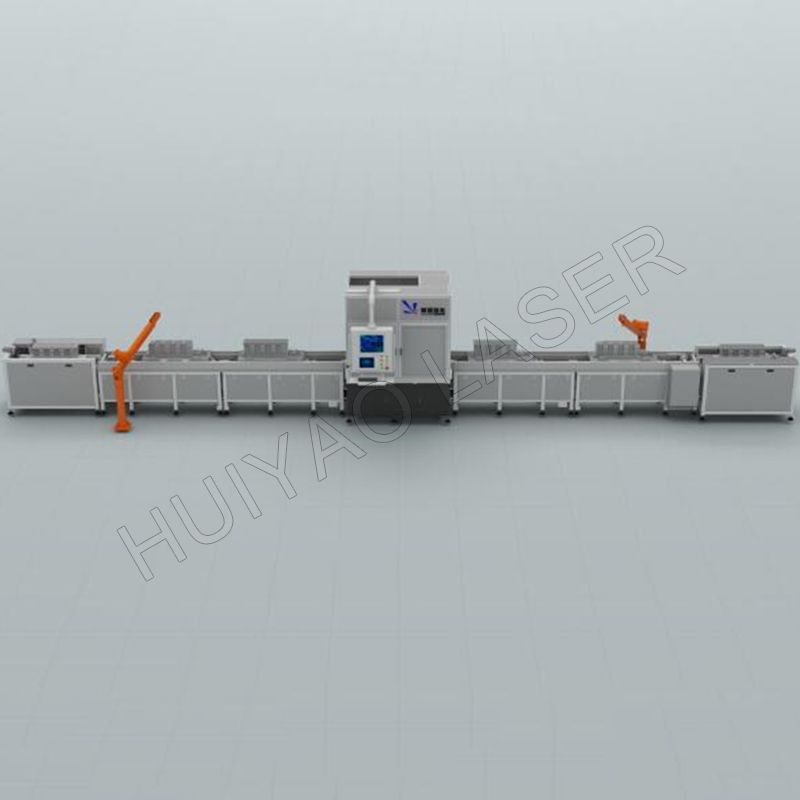
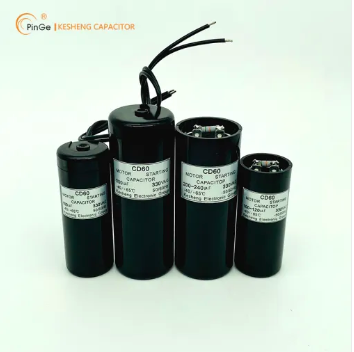
Comments
Please Join Us to post.
0